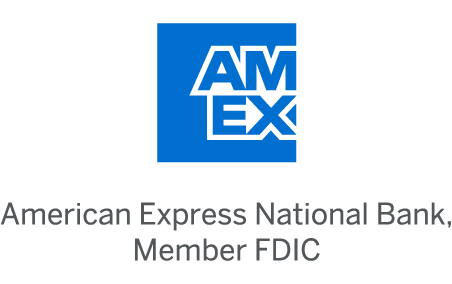Yes, although you may not be aware of it, a bank can take money out of your checking account, even without asking your permission beforehand. It’s called a “right to offset,” and it’s built into the terms and conditions page you sign before opening your account. Of course, this doesn’t mean banks can take money whenever they like. Rather, it gives them the authority to withdraw money in one key situation: When you owe your bank money on a loan. If you currently borrow money and bank with the same institution, here’s what you should know.
When can a bank take money out of your account?
The only time a bank can withdraw money without telling you beforehand is if you’ve defaulted on a loan (such as a personal loan or auto loan), while also holding money in a bank account at the same institution.
The legal term for this is the “right to offset,” but many deposit agreements call it “setoff.” Basically, this gives banks the right to withdraw money from your bank accounts and apply it against any outstanding balances. The account and loan must be with the same bank for the right to offset to be legal. This can offer you some consumer protection, as a bank cannot take funding for an account that isn’t theirs.
For instance, let’s say I have $2,000 in a checking account with a bank that we’ll call “Bank A.” Let’s also assume I owe $1,500 on a personal loan through the same bank, and I’ve missed three payments. After trying to reach me several times, Bank A finally sets off the debt by taking the appropriate amount from my checking account. The checking account balance is reduced, and Bank A considers the debt satisfied.
Our Picks for the Best High-Yield Savings Accounts of 2024
|
Citizens Access® Savings 
|
Min. to earn $0.01 |
|
|
Capital One 360 Performance Savings 
APY 4.25%
|
APY 4.25%
|
Min. to earn $0 |
|
American Express® High Yield Savings 
APY 4.25%
|
APY 4.25%
|
Min. to earn $1 |
But now let’s say I don’t have a personal loan through Bank A but instead through a different bank, “Bank B.” I’m also missing payments on my personal loan, but because I don’t bank with Bank B — my checking account is still with Bank A — it cannot seize funding. Bank B has to go through a debt collector if I continue to leave the balance unpaid.
Can a bank take money to cover credit card debt?
No, it can’t. The Federal Reserve Board prohibits banks from seizing funds to cover credit card debt. Only loans and mortgages fall under a bank’s right to offset.
Can a bank take money from my retirement accounts?
Negative. Banks can’t take money from your 401(k) or IRA account, even if they supply the account. They can only take money from deposit accounts, like checking accounts, savings accounts, and CDs.
How can you stop a bank from taking money from your accounts?
First off, it’s important to recognize that banks don’t take money without a cause. If you stay current on your loans, banks won’t have any reason to apply the right to offset. If you miss payments, however, and your deposit agreement has a right to offset clause, then you legally cannot prevent your bank from withdrawing money.
Keep in mind that the best banks are more than willing to help you pay down your debts. The right to offset clause is often a last-ditch effort to secure money that’s owed to them. If you need the money in your bank account to cover other bills — such as to keep the lights on — call your bank and try to work out a debt repayment strategy.
Another strategy would be to transfer your debt to a 0% APR credit card. These cards come with a zero-interest period for balance transfers, which can help you pay down your debt. Some of the best have low balance transfer fees — usually 3% to 5% — but this fee could be significantly less than the interest you’d pay over the same period of time.
These savings accounts are FDIC insured and could earn you 11x your bank
Many people are missing out on guaranteed returns as their money languishes in a big bank savings account earning next to no interest. Our picks of the best online savings accounts could earn you 11x the national average savings account rate. Click here to uncover the best-in-class accounts that landed a spot on our short list of the best savings accounts for 2024.
